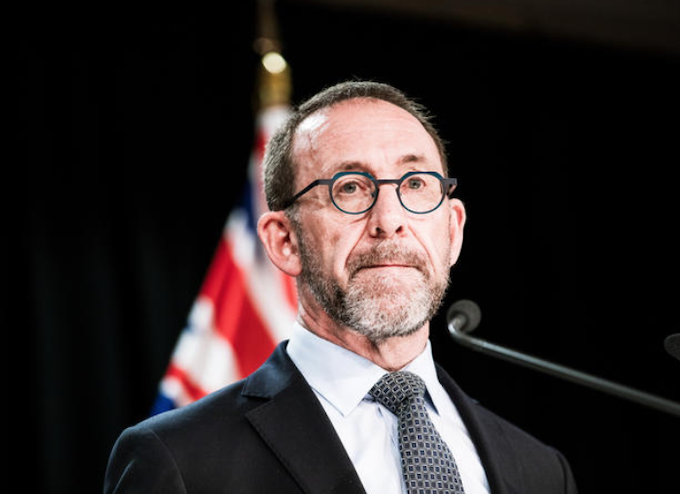
Some in New Zealand’s health industry fear that the ICU system will not cope if the delta outbreak escalates, but Health Minister Andrew Little says anyone with covid-19 will be cared for.
Little told RNZ Morning Report there was pressure on hospitals and headway was being made to bring in more nurses to deal with covid-19 patients in intensive care units.
“That’s why last year we started the programme of providing that additional training for more nurses, now nearly 1400, to work in an ICU environment,” he said.
- ‘We support the teacher mandate. It’s a tricky issue’ – National’s covid-19 spokesperson Chris Bishop
- Other NZ covid lockdown reports
“Even if they’re not fully qualified ICU nurses, they can work in an ICU environment.”
Little said that plan had worked in Britain.
He said nationally ICU capacity use hovered around 65-70 percent, and total hospital use sat around 80-85 percent.
“So there is some spare capacity.”
He said in the coming months, people with covid-19 could be assured that they would be cared for.
100 ICU beds available
There were about 100 ICU beds available at the moment, he said.
“We can surge up to 550 ICU or HDU level care beds.
“That will put planned care at risk, so people will lose planned care operations and stuff.”
He said the ministry would be working with DHBs to help clear the backlog.
Since the pandemic began, about 100 more ICU beds were added nationally, Little said.
Specialists have said nurses were already stretched and there was pressure to keep up with the treatment of non-Covid-19 patients.
Little said there was surge capacity to fill crucial nursing gaps on short notice.
Nurses shortage
“We know there is a shortage at the moment, but like other health care professionals, they are facing vulnerable people and vulnerable populations.
“This is about keeping people safe, they need to get vaccinated.”
He said the Health Ministry would be in conversation with midwives if mandatory vaccinations led to shortages in an already labour-short sector.
“For those who are hesitant, there’s an opportunity to get more and better information and with the professional organisations they are part of and health authorities.
“I’m confident that we will get through this.”
He said the emphasis was on getting vaccination numbers up “because it won’t be safe to reduce restrictions until we get those vaccinations level right up, beyond the 85 percent that we can get to up to 90 percent and hopefully beyond”.
National on mandatory vaccines
The opposition National Party supports the government’s vaccine mandate for teachers but is not too keen to see it go any further.
School staff dealing with children will have to be fully vaccinated by January 1, and high-risk health and disability sector workers have to be fully vaccinated by December 1.
National’s covid-19 spokesperson Chris Bishop told Morning Report that there were unvaccinated health workers attending to covid-19 patients until now, “most people would think that’s a bit nuts”.
“Aged care is also a real area of concern because you’re dealing with vulnerable populations, elderly people, so that’s obvious,” he said.
“Teachers is more tricky. The starting point that I come from … bodily autonomy is important, freedom of choice.
“The state is not normally in the business of imposing medical procedures on people, like vaccinations.”
Bishop said taking the mandate any further would be hard to justify under the Bill of Rights.
But he said the party supported it for teachers because of the risk to children, with those under 12 currently unable to get vaccinated.
“You’re dealing with kids who can’t currently be vaccinated. The evidence is that teachers can really spread covid to young people.
“We support the teacher mandate. It’s a tricky issue and I think the government acknowledges that, but on balance it is the right to do.”
Bishop said he would not completely rule out support for vaccine mandates for other sectors.
This article is republished under a community partnership agreement with RNZ.










































